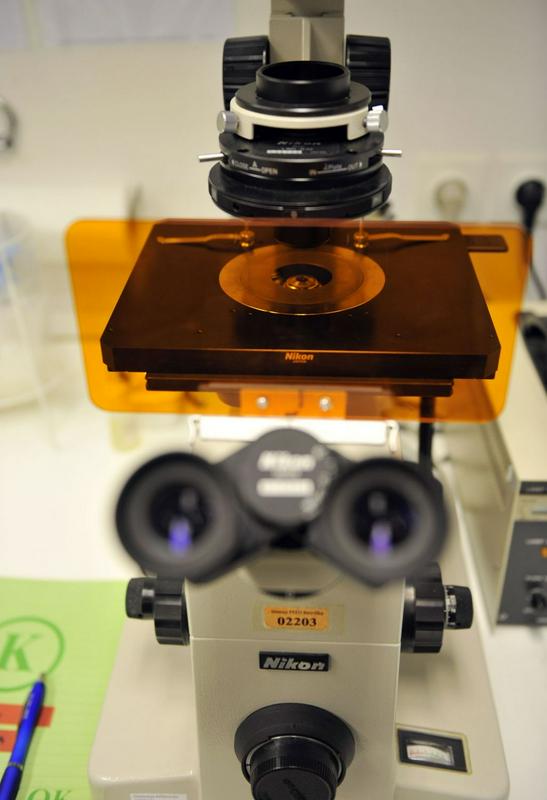
Rare diseases affect less than 5 in 10,000 of the population. In Slovenia, they affect between 6% and 8% of the population. Jože Faganel, president of the Haemophilia Association of Slovenia and president of the Rare Disease Association, said at the round table discussion that Slovenia has been involved in identifying and curing rare diseases for years and that it has a proven track record. "In Slovenia, we have good medical practice, first class paediatricians, who identify diseases at an early stage and a health system geared up to treating patients" said Faganel. "But we would benefit from a closer cooperation between those who treat children and those who treat adults,"’ he added, especially given the fact that the exchange of information and advice is so easy in the digital age.
Borut Peterlin, head of the Clinical Institute of Medical Genetics, stressed that in the past, Slovenia managed to achieve a real breakthrough in the diagnosis of rare diseases, which mainly have genetic origins. With the use of new technology, Slovenia has become independent of foreign countries in this field, whereas in the past, their cooperation was needed for diagnosis.
Tadej Battelino, head of the Department of Paediatric Endocrinology, Diabetology and Metabolism at the University Children’s Hospital in Ljubljana, explained that some rare diseases are treated with genetic transplants. After years of effort, they have managed to obtain a new device, which can identify 20 diseases from a single blood drop sample taken from a new-born baby. The early identification of diseases is vital for future effective treatment. Battelino said that in this field, the same philosophy applies as with cancer, where early-stage diagnosis of the disease is key to its effective treatment.
In Slovenia, a national contact point has been established within the framework of the University Children’s Hospital in Ljubljana. According to Urh Grošelj, a medical doctor in the Department of Endocrinology at the University Children’s Hospital in Ljubljana, this national contact point is an important step for treating rare disease patients, as it can provide information to both those who suspect the presence of a disease and health service providers. Also, a website, redkebolezni.si, was set up, offering a central point where all information about providers in Slovenia, as well as some international links, has been brought together, says Grošelj.

































































